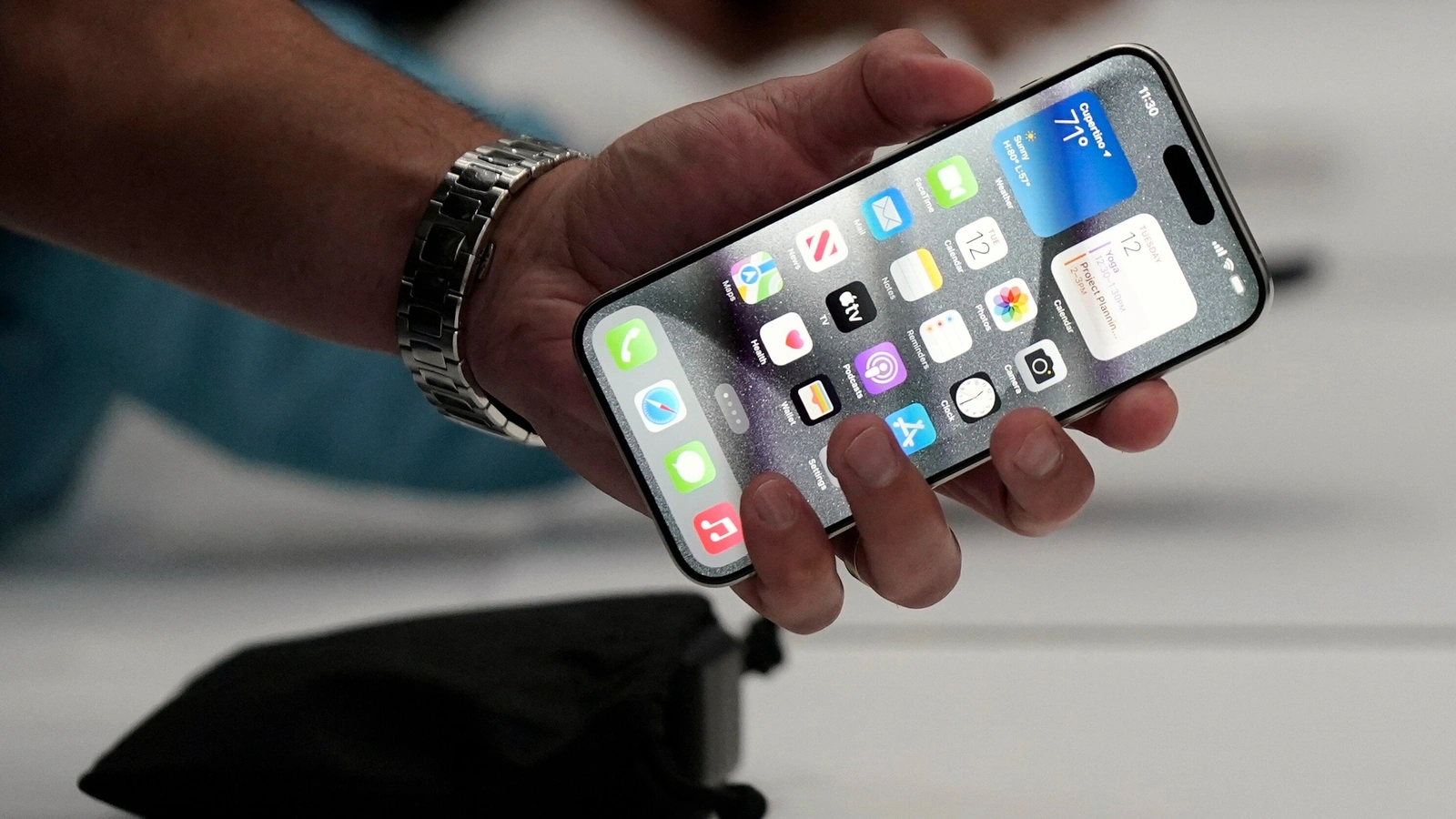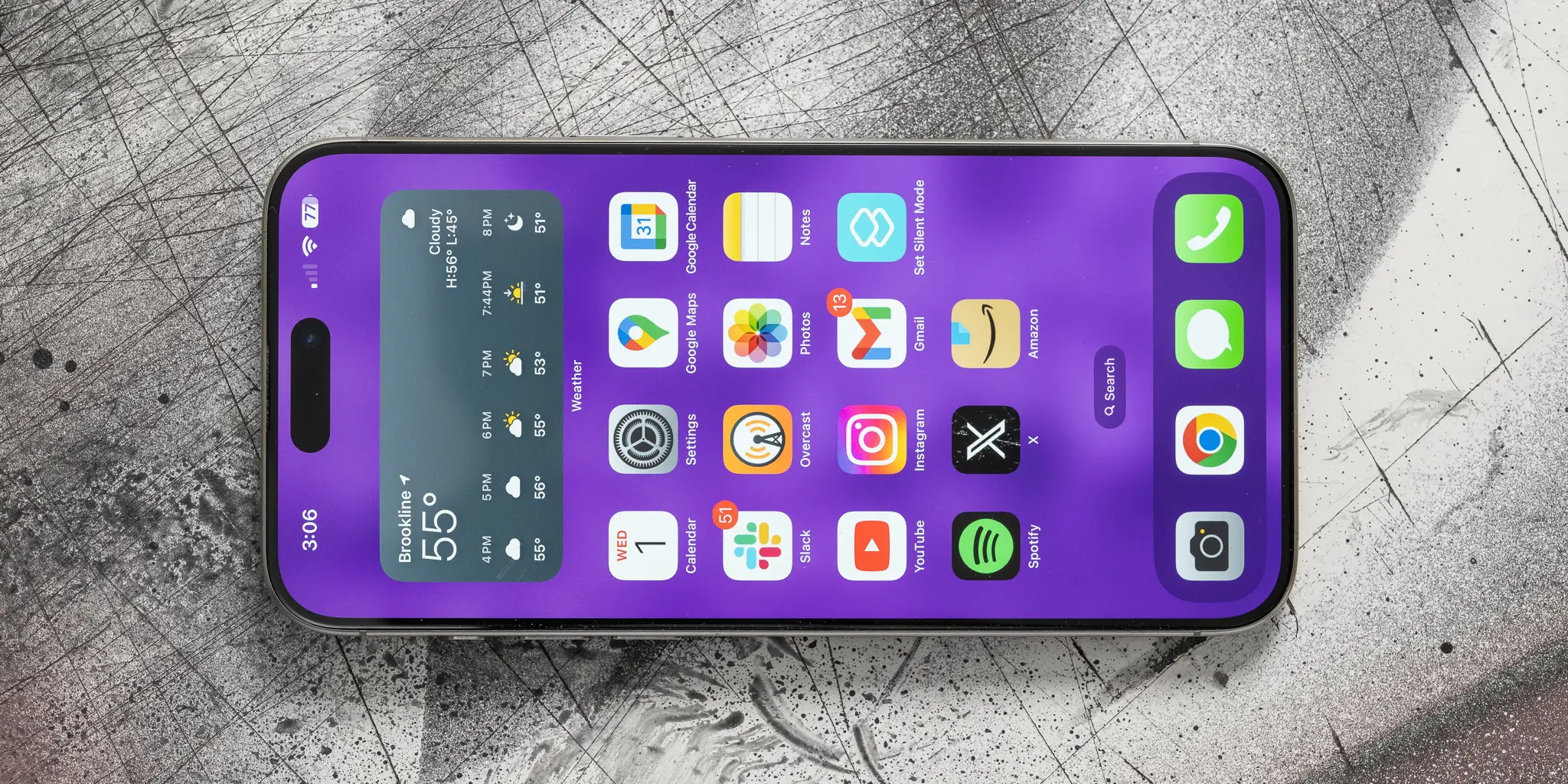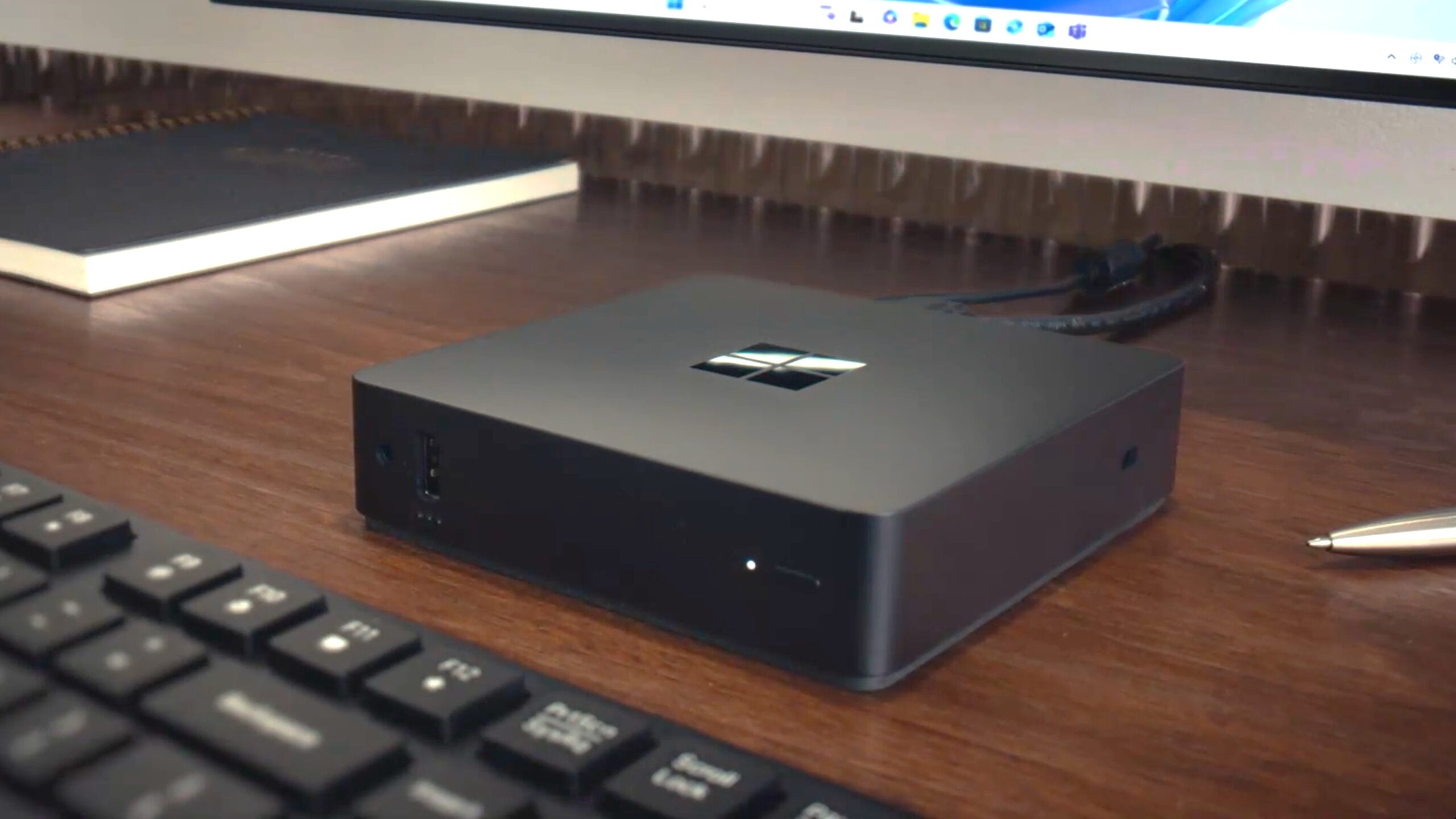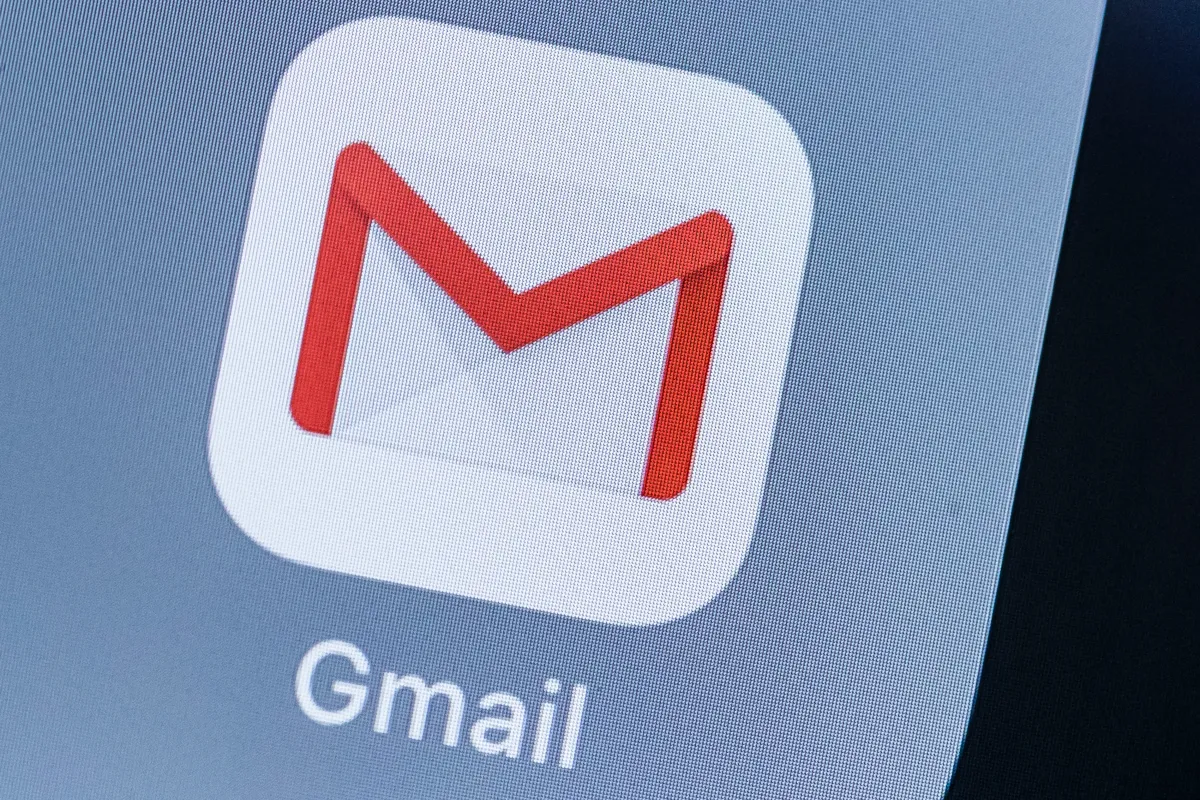The notorious Pegasus spyware, developed by Israel’s NSO Group, has been making headlines again. Recent discoveries reveal that this invasive technology, once thought to be primarily aimed at high-profile targets, has been infecting a wider range of iOS and Android devices than previously understood. This article delves into the details of these findings, exploring the implications for everyday users and the evolving landscape of mobile security.
The Evolving Threat of Pegasus
Pegasus has been a known threat in the cybersecurity landscape for several years. Its ability to compromise devices without any user interaction and its extensive access to sensitive data make it a powerful tool for surveillance. What’s particularly concerning about the recent findings is the indication that Pegasus is being deployed more widely than previously thought. This suggests that everyday users, not just high-profile individuals, could be at risk.
How Pegasus Infects Devices
Pegasus utilizes a variety of sophisticated techniques to infiltrate target devices. These include:
- Zero-click exploits: These exploits allow Pegasus to be installed without any user interaction, such as clicking a malicious link or downloading an infected file. This makes them particularly difficult to defend against.
- Exploiting vulnerabilities in popular apps: Pegasus has been known to exploit vulnerabilities in commonly used apps like Apple Music, iMessage, and even the Photos app.
- Social engineering: Attackers may use social engineering tactics to trick users into clicking malicious links or downloading infected files.
The Impact of Pegasus Infections
The consequences of a Pegasus infection can be severe. Attackers gain access to a treasure trove of sensitive information, including:
- Personal data: Contacts, messages, photos, videos, browsing history, and more.
- Real-time location tracking: Pegasus can track the device’s location in real-time, providing attackers with a detailed picture of the user’s movements.
- Camera and microphone access: Attackers can remotely activate the device’s camera and microphone, effectively turning it into a surveillance device.
Protecting Yourself from Pegasus
While the sophisticated nature of Pegasus makes it challenging to defend against, there are steps users can take to reduce their risk:
- Keep your software updated: Install the latest software updates for your operating system and apps as soon as they become available. These updates often include security patches that address known vulnerabilities.
- Be cautious of suspicious links and attachments: Avoid clicking on links or opening attachments from unknown senders.
- Use a reputable security app: A good security app can help to detect and block malicious activity.
- Be mindful of your online behavior: Avoid sharing sensitive information online and be aware of the websites you visit and the apps you use.
- Consider using a VPN: A VPN can encrypt your internet traffic, making it more difficult for attackers to intercept your data.
The Future of Mobile Security
The proliferation of Pegasus infections highlights the growing threat to mobile security. As our reliance on smartphones increases, so does the potential for attackers to exploit vulnerabilities and gain access to our personal data. It is crucial for users to be aware of these threats and take steps to protect themselves.
The ongoing battle against spyware like Pegasus is a complex one. It requires a multi-faceted approach, involving efforts from technology companies, security researchers, and governments. By working together, we can strive to create a safer and more secure mobile ecosystem.
My Personal Experience
While I haven’t personally been targeted by Pegasus, I’ve spent years researching and writing about cybersecurity threats. The sophistication and pervasiveness of Pegasus are deeply concerning. It underscores the need for constant vigilance and proactive security measures. I always emphasize the importance of software updates, strong passwords, and skepticism towards unsolicited communications.
The recent findings on Pegasus spyware infections serve as a stark reminder of the evolving threat landscape. No longer confined to high-profile individuals, this powerful surveillance tool is now targeting a wider range of users. By understanding the risks and taking proactive steps to protect ourselves, we can navigate the digital world more safely.









Add Comment